About the Autism and Neurodevelopment Lab


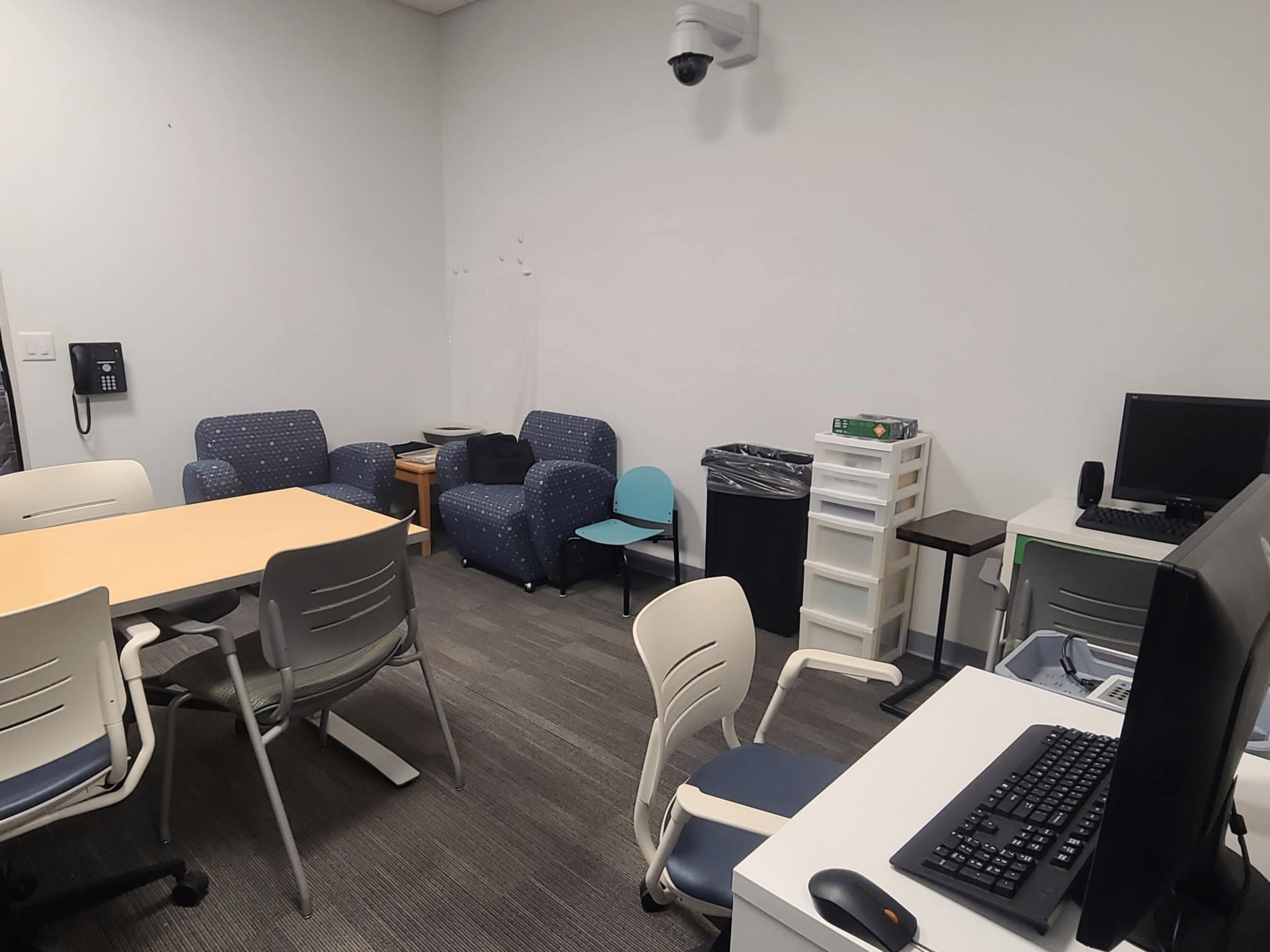

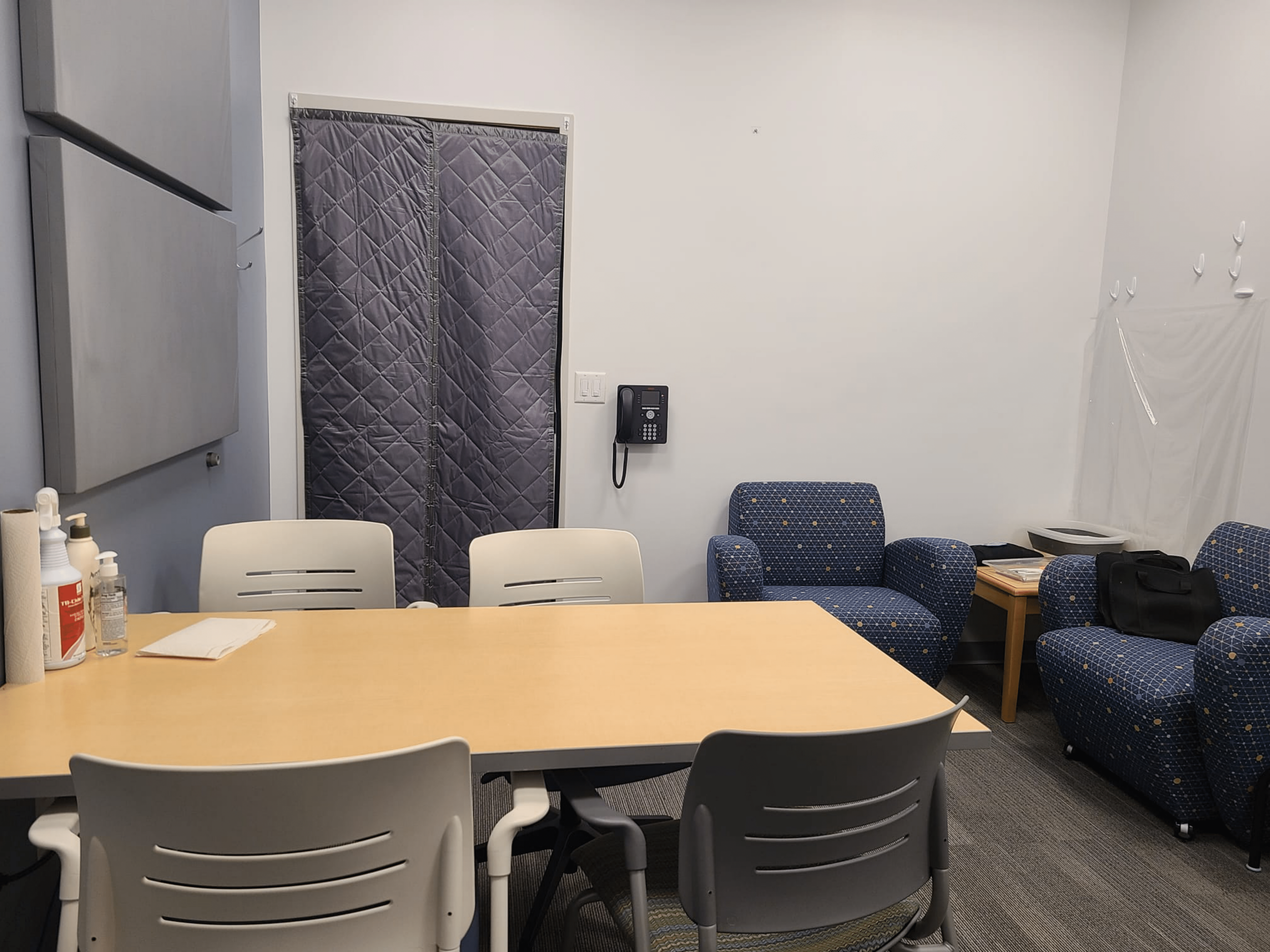
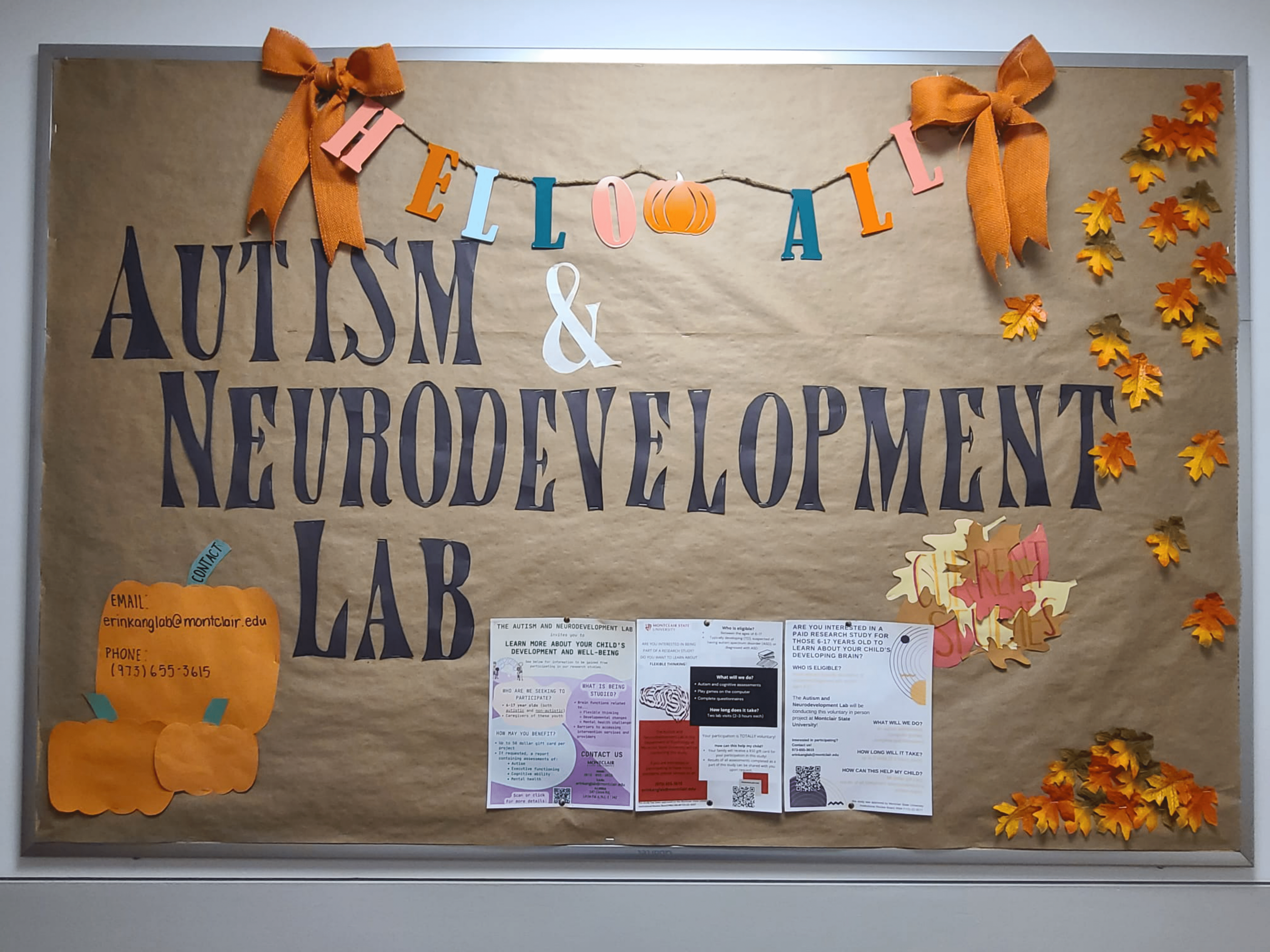
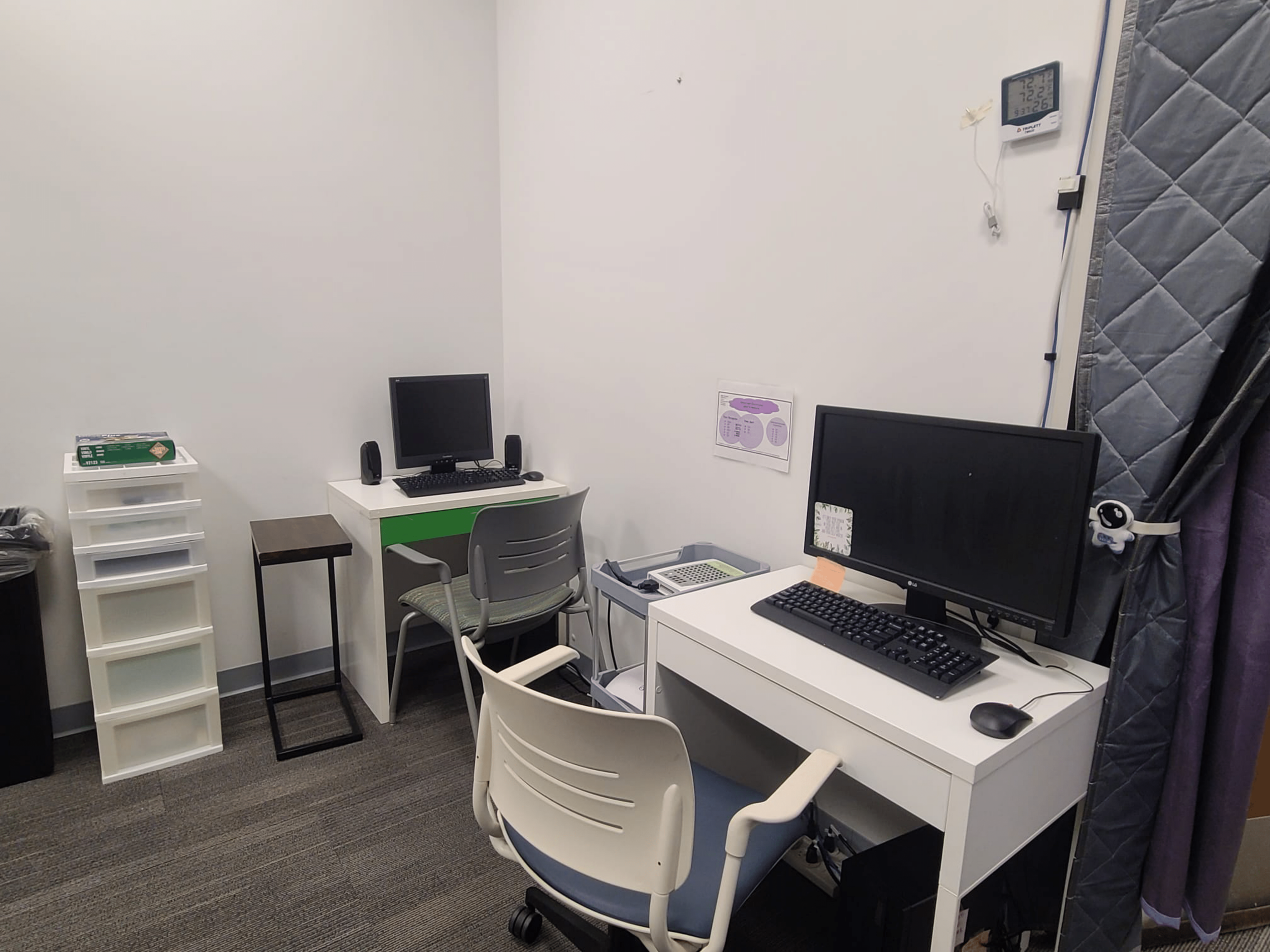
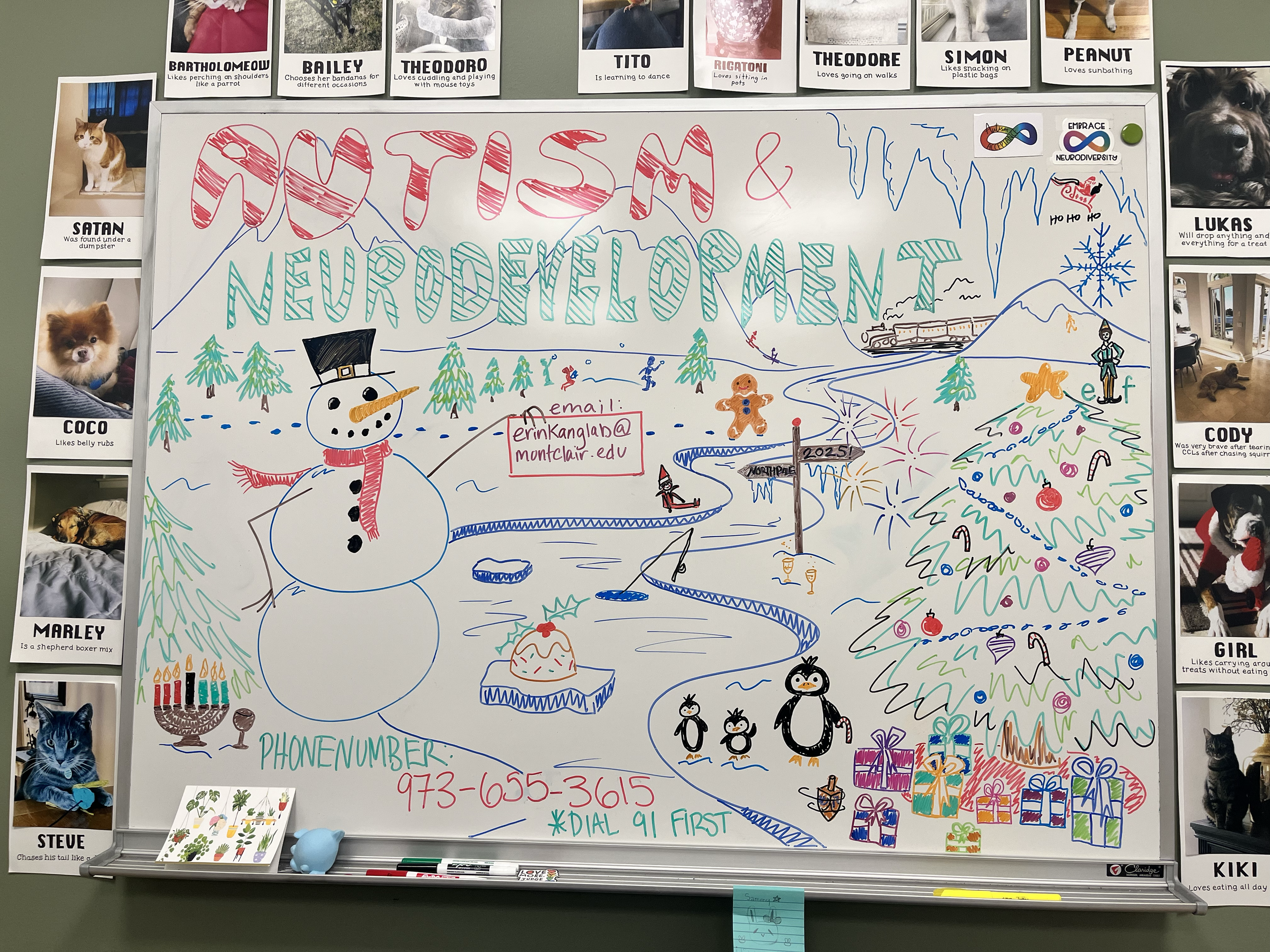
The ability to connect with peers and make friends is a vital part of the overall well-being and development of individuals. Yet, some individuals–particularly autistic people, experience pervasive struggles in these domains. However, while autistic individuals commonly experience persistent social challenges, there is marked differences in challenges across individuals. This suggests that social experiences are crucial in shaping both behavior and the brain’s ability to process the social world.
Our lab focuses on understanding how the processing of social information shapes, and is shaped by, social experience in autistic individuals and related developmental disorders. This focus on social plasticity, or capacity to learn from and adapt to their complex social environments, includes the role of social environment, affective processing, and neural plasticity that underlie this capacity.
We address these aims across multiple levels of analysis, using interdisciplinary approaches, including multi-informant/multi-method assessment (e.g., self- and parent-report, observational coding), electrophysiology (e.g., electroencephalogram [EEG]/event-related potentials [ERP]), and advanced quantitative methods.
